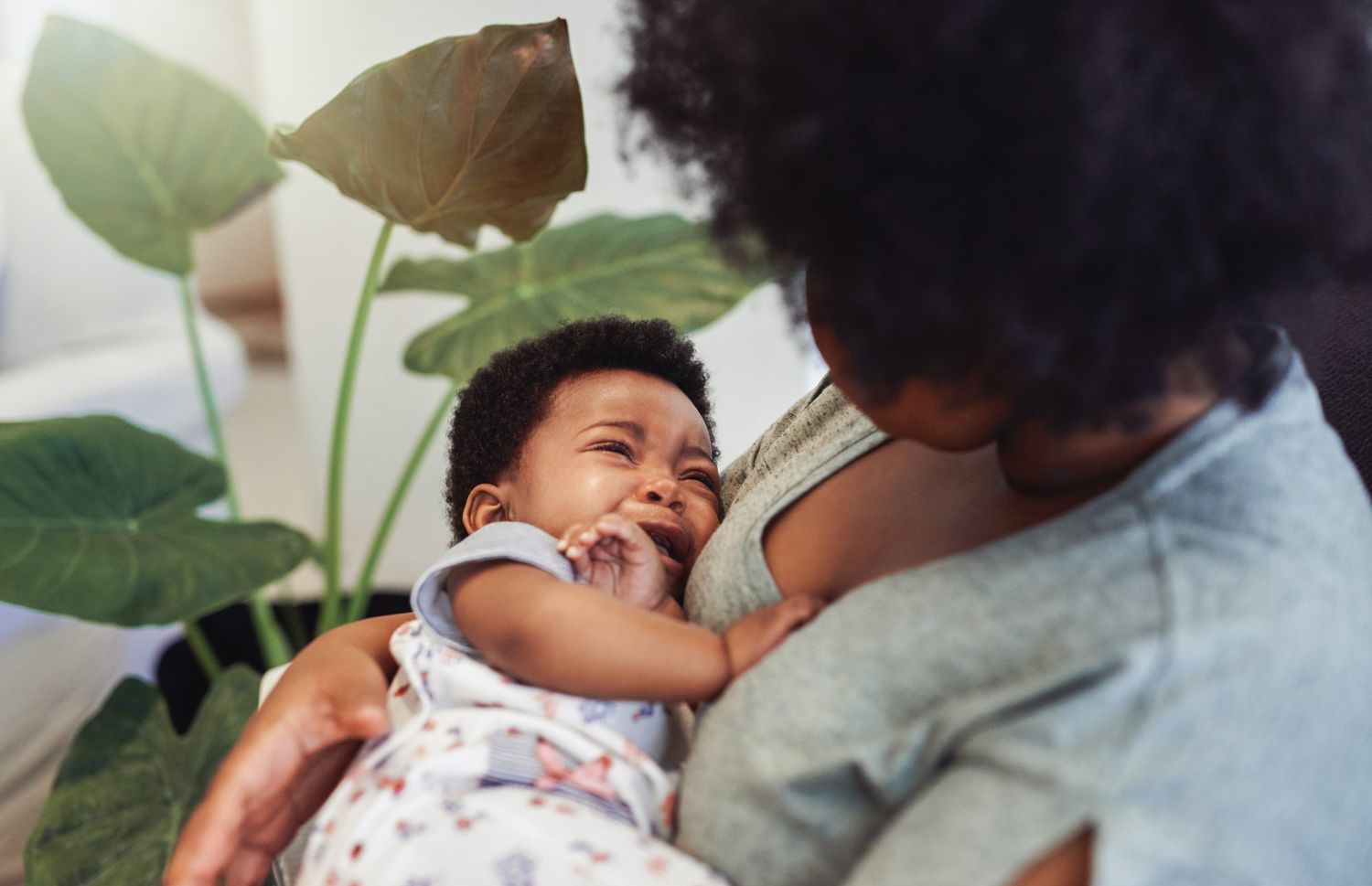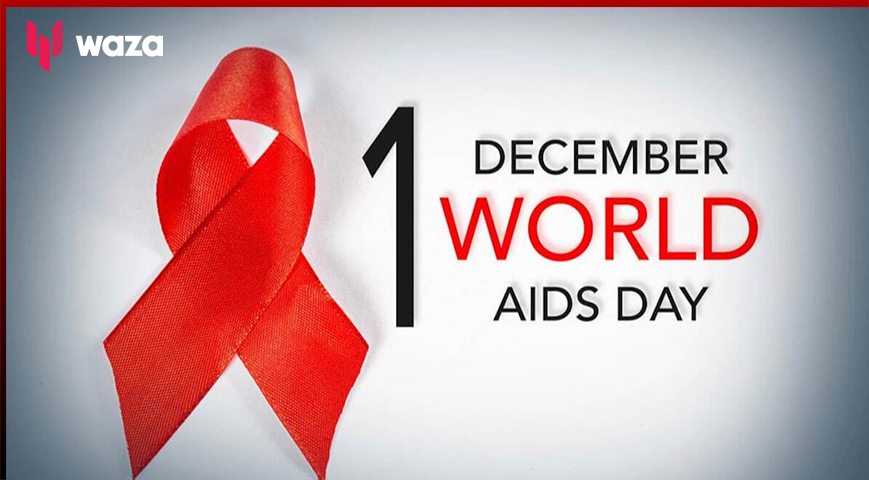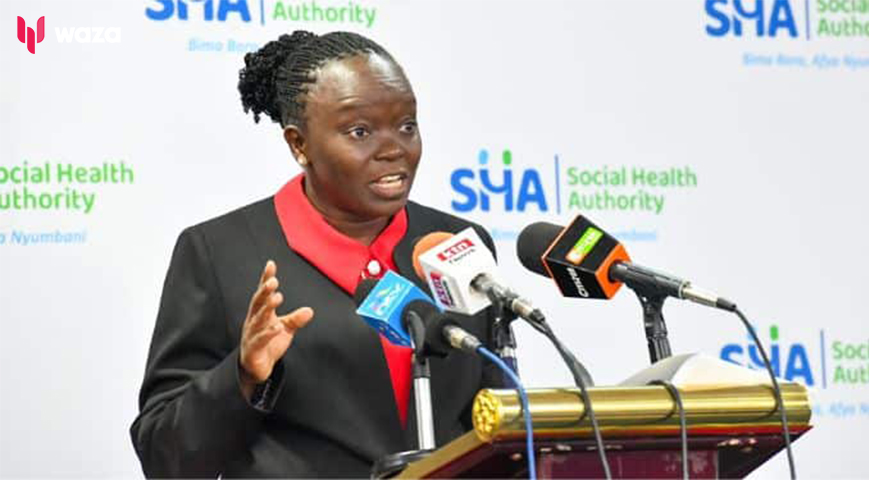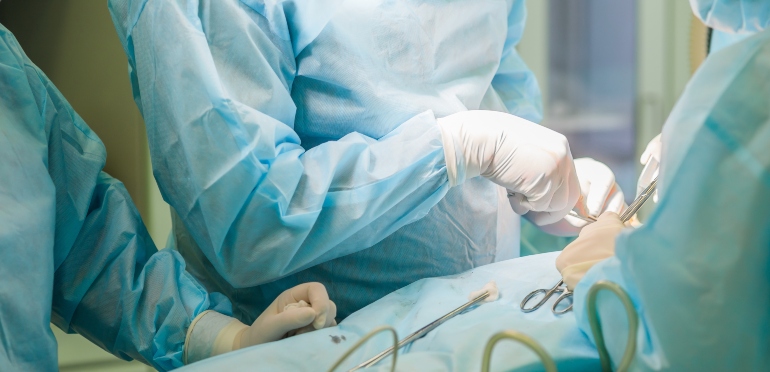Postpartum depression (PPD) is a mental health condition that affects women after childbirth. It is a common condition that can occur anywhere from a few days to several weeks after delivery.
PPD can be caused by a variety of factors including hormonal changes, lack of sleep, and the stress of caring for a new baby. Women who experience PPD may feel sad, anxious, and overwhelmed.
In severe cases, they may experience thoughts of self-harm or harm to their baby. If you or someone you know is experiencing PPD, there are steps you can take to get help.
Recognize the symptoms
The first step in dealing with PPD is to recognize the symptoms. Symptoms of PPD may include feeling sad or anxious, difficulty sleeping, loss of appetite, feelings of guilt or worthlessness, and a lack of interest in things that used to bring pleasure.
It is important to note that some of these symptoms are normal after childbirth and may be part of the “baby blues”.
Did you read this?
However, if these symptoms persist for more than two weeks or are severe, it may be PPD.
Seek Help
PPD is a treatable condition and there are many resources available to help women who are experiencing it. The first person to talk to is your doctor or midwife.
They can help determine if you are experiencing PPD and recommend treatment options. Treatment options may include therapy, medication, or a combination of both.
There are also support groups for women with PPD that can provide emotional support and practical advice.
Practice self-care
The third step in dealing with PPD is to practice self-care. Self-care is important for everyone, but it is especially important for women with PPD.
Self-care may include getting enough sleep, eating a healthy diet, exercising regularly, and taking time for yourself.
It is important to ask for help from family and friends to get the support you need to take care of yourself and your baby.
Connect with other mums
The fourth step in dealing with PPD is to connect with other moms. Having a baby can be an isolating experience, but it is important to know that you are not alone.
Connecting with other moms can provide emotional support and help you feel less isolated. There are many ways to connect with other moms, including joining a support group, attending a mommy-and-me class, or joining an online community.
Involve your partner
Your partner can be a source of support during this difficult time. It is important to talk to your partner about what you are going through and how they can help.
Your partner can help with tasks like cooking, cleaning, and taking care of the baby. They can also provide emotional support and help you connect with other moms.
Be patient with yourself
Recovery from PPD takes time, and it is important to be patient with yourself as you work through it. There will be good days and bad days, but with the right treatment and support, you can recover from PPD.
Final Thoughts
PPD is a common condition that affects many women after childbirth. If you or someone you know is experiencing PPD, it is important to recognize the symptoms and seek help.
Treatment options may include therapy, medication, or a combination of both. It is also important to practice self-care, connect with other moms, involve your partner, and be patient with yourself as you work through PPD.
With the right treatment and support, you can recover from PPD and enjoy the joys of motherhood.











